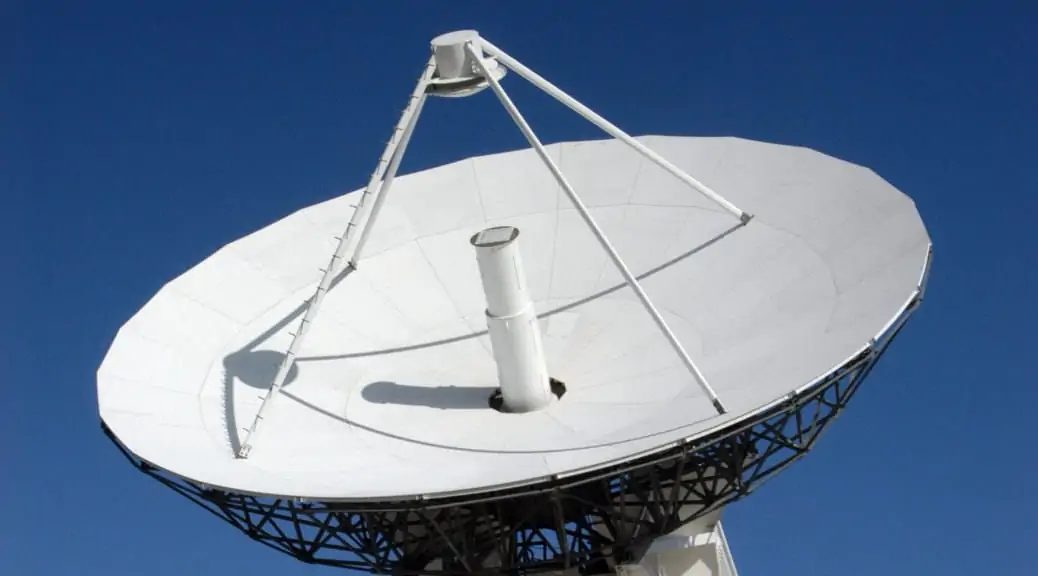Each week our scan collects weak – and less weak – signals… Read the 19 March scan → World – The deadly attack on the Bardo museum in Tunisia, on 18 March, reminded the world that the Salafi-Jihadi threat is far from being overcome, despite some lassitude displayed by crowds and media over such attacks. One of the interesting signals to notice here, is the small number of crowdsourced articles referring to the attack. Only three articles found their way in The Weekly, when the casualties are far more important than those of the Charlie Hebdo attacks in Paris or of the shooting in Denmark, to say nothing of the impacts to Tunisia’s economy and more broadly polity, and in terms of spread of Jihadi attacks, threat …
Published by Dr Helene Lavoix (MSc PhD Lond)
Dr Helene Lavoix is President and Founder of The Red Team Analysis Society. She holds a doctorate in political studies and a MSc in international politics of Asia (distinction) from the School of Oriental and African Studies (SOAS), University of London, as well as a Master in finance (valedictorian, Grande École, France). An expert in strategic foresight and early warning, especially for national and international security issues, she combines more than 25 years of experience in international relations and 15 years in strategic foresight and warning. Dr. Lavoix has lived and worked in five countries, conducted missions in 15 others, and trained high-level officers around the world, for example in Singapore and as part of European programs in Tunisia. She teaches the methodology and practice of strategic foresight and early warning, working in prestigious institutions such as the RSIS in Singapore, SciencesPo-PSIA, or the ESFSI in Tunisia. She regularly publishes on geopolitical issues, uranium security, artificial intelligence, the international order, China’s rise and other international security topics. Committed to the continuous improvement of foresight and warning methodologies, Dr. Lavoix combines academic expertise and field experience to anticipate the global challenges of tomorrow. View more posts


